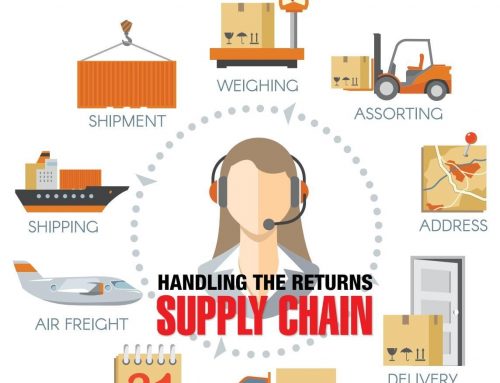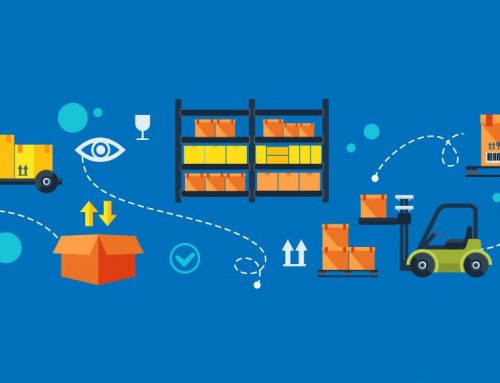Project Description
This course will lay the foundation of good procurement practices while at the same time touch base on tying the procurement function into strategy and long-term supplier relationships.
Key focus of the course will not only be on traditional procurement practises for eg cost models, setting up supplier KPIs but also on establishing a framework for conducting procurement exercises as well as creating insights on value creation.
You should today be a buyer or new manager who has been working within procurement or purchasing whether direct or indirect categories. You should see yourself as an individual who has been focusing on reducing costs and leveraging volumes but also now seen the opportunity of capturing value.
This program equips procurement managers with a structured framework to conduct procurement exercises, which factors to consider when capturing value from procured services / products and also a next step platform on how to positioning the importance of procurement and the value it creates.
Why attend
The Procurement function has developed from a simple administrative function to a fully-fledged strategic business unit. No longer is it sufficient to simply turn requisitions into orders and then await the delivery of the goods or services. It therefore imperative for Procurement to constantly deliver value to the organisation by delivering products and services that contributes to the well-being of the organization.
In order to do this, Best Practices have to be implemented on four levels:
• Strategic
• Tactical
• Operational
• Contingency
Course Objectives
By the end of the course, participants will be able to:
· Increased skill sets in supply management
· How your organization compares with best practices in procurement and in creating cost controls to directly affect shareholder value
· How to benchmark and negotiate
· What methods are used in planning and forecasting, how to determine cost of capital and economic profit, and how to present purchasing savings
· How to use technology in the purchasing workflow
· How to manage and control the process and requirements in handling political and legal issues associated with e-commerce
· How to analyse and evaluate supplier performance.
Who should attend
This course is ideal for Contracts, Purchasing, and Procurement personnel, Project, Engineering, Operational, and Maintenance, personnel who are involved in the planning, and execution of purchases and contracts. All involved in the acquisition of materials, equipment, and services and who are in organizations whose leadership want high levels of competency in those involved in these activities.
Course Outline
- Seeing Procurement as a Dynamic, Interactive System
The System Approach vs. the Traditional Functional Approach • What is the goal of Procurement? • Developing the Strategic Procurement Plan • An Overview of the Procurement Process
- Procurement as Part of the Supply Chain
Developing the Strategic Procurement Decisions
Make / Buy Decision • Vertical Integration
- Alliances and Partnerships • Inter-company Trade • Reciprocity and Counter Trade • Supplier Strategy • The Coordination Strategy • The Purchasing Organisation
Implementing the Tactical Procurement Decisions
Supplier Involvement • Value Analysis
- Quality Assurance • Supplier Selection
- Supplier Rating and Ranking • Contract Management • IT Systems and e-Procurement • Policies and Procedures
- Staffing the Procurement Department
Dealing with Operational Procurement Decisions
Selecting the most Appropriate Ordering Process • Addressing Quality Issues • Follow-up • Overdue Orders • Expediting • The Payment Process • Reducing the Cost of Procurement: Small Value Purchase Orders
Contingency Procurement Decisions
The Different Contingency Situations • Contingency Management
Procurement Performance Measurement
Spend Analysis • Total Cost of Ownership
- Supplier Performance Measurement
The workshop
This interactive training course includes the following training methodologies as presented on the next column based on percentage of the total tuition hours:
Lectures
Workshops & Work presentation
Case Studies & Practical Exercises
Videos, Sofware & General Discussion
The course instructor may modify the above training methodology before or during the course for technical reasons with no prior notice to participants.
Falcon Consulting Professionals is established in Greece for the last 15 years in the areas of technical consulting and professional training for the local industries. Falcon is expanding in GCC, aiming to provide the best consulting and training solutions to the industries of the region. Falcon’s instructors are accredited trainers and highly experienced in their fields, as well as adult training. We aspire to build our business relationships on mutual trust. The achievement of results with an emphasis on innovation and sustainability, quality, cost analysis and time scheduling are non-negotiable from the conceptual phase of the training.







